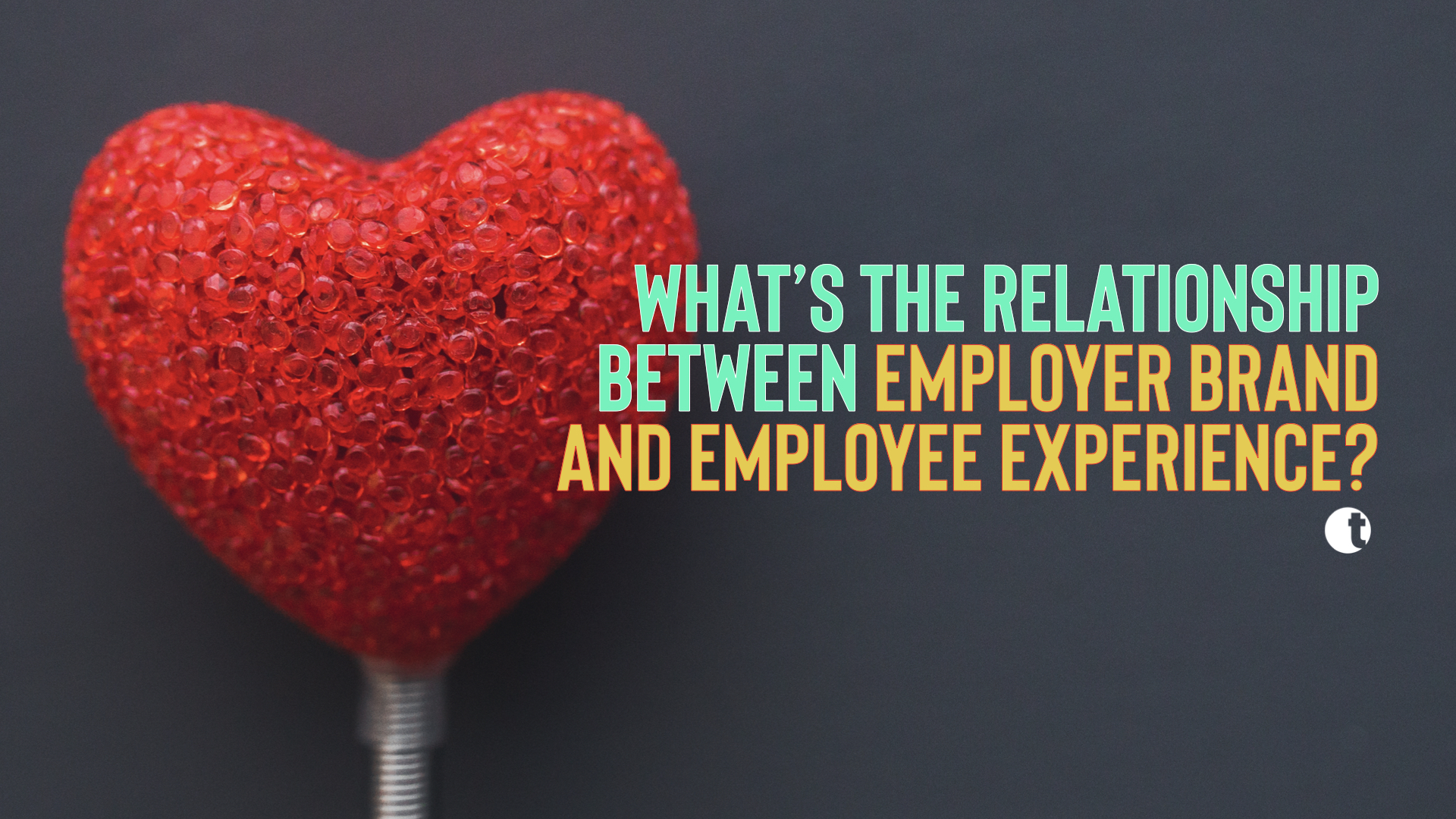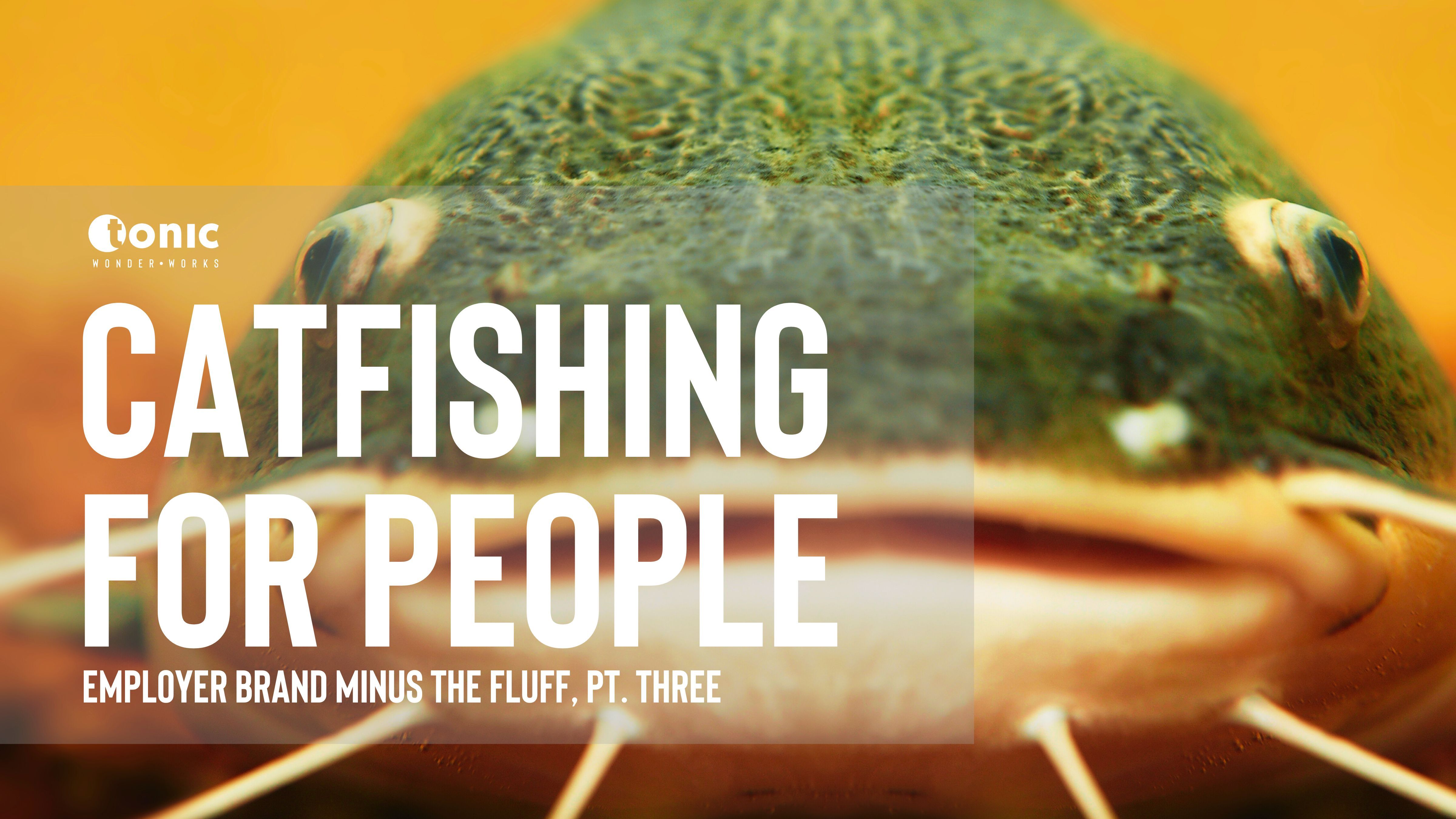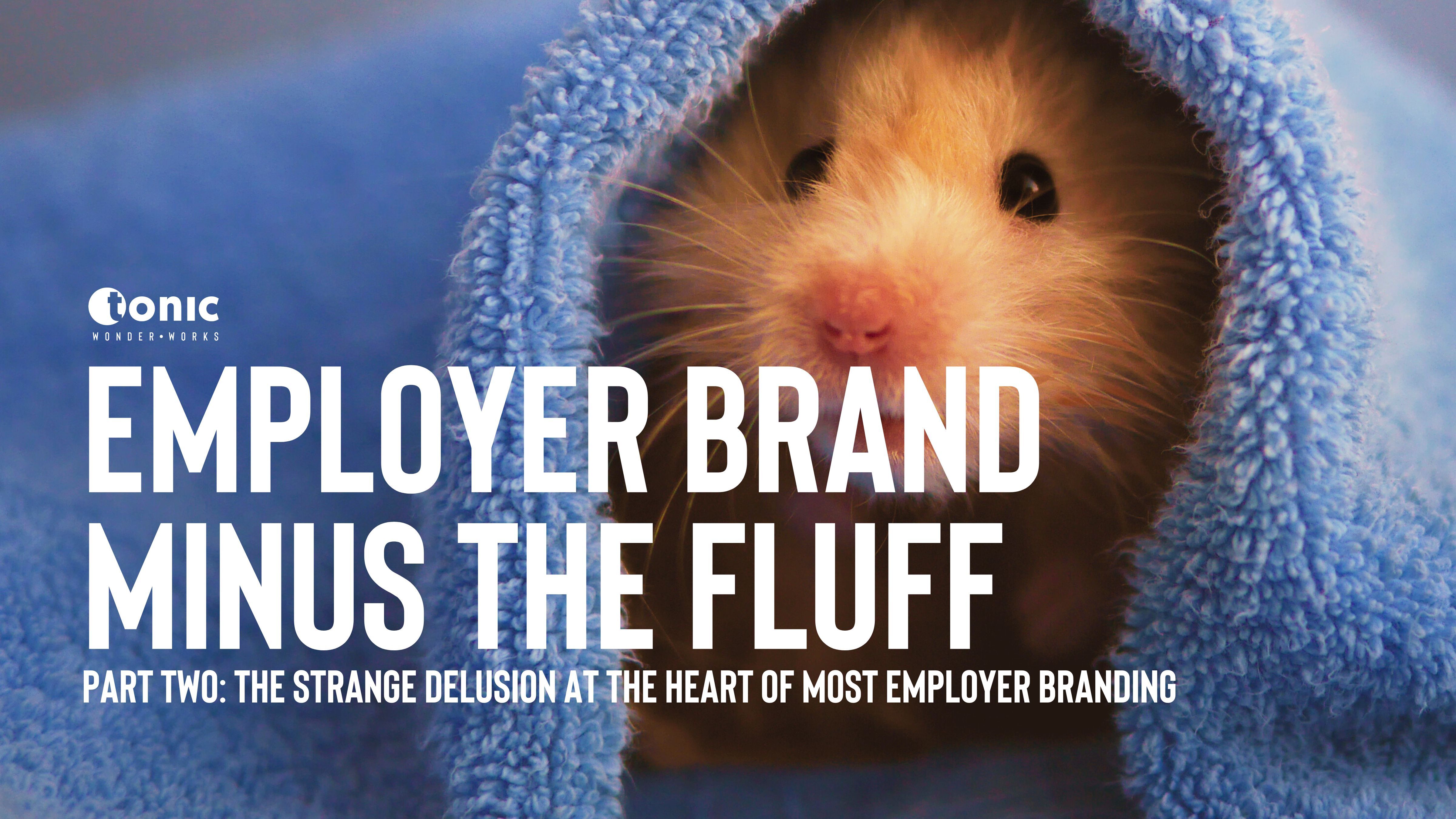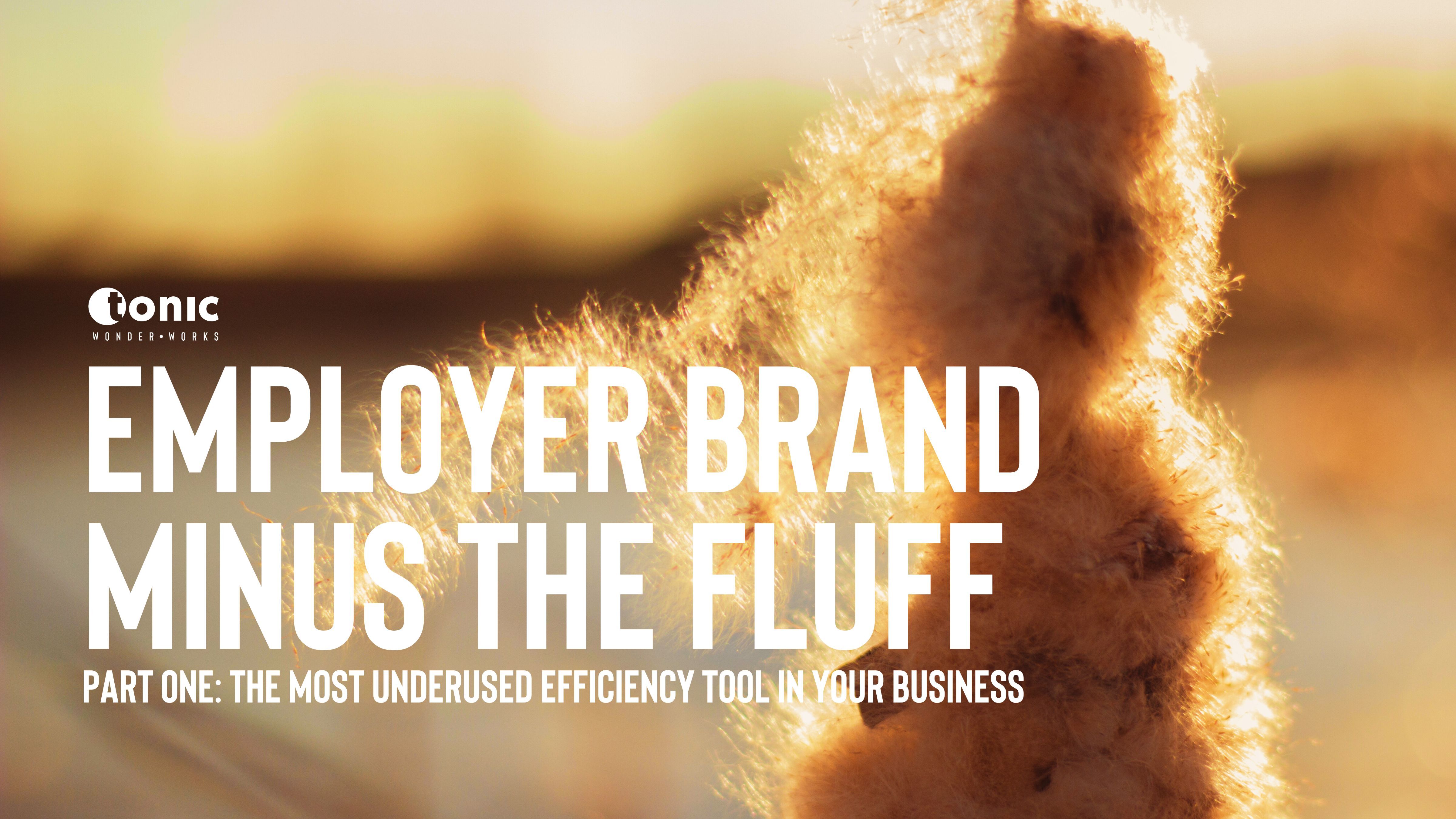The best pitch questions give you pause for thought. This is the stand out question we've been asked so far in 2020. See if you agree with our answer. Or, give us a better reply if you can!
Quite often new business pitches can feel a bit like dating; there’s a lot of good intentions, plenty of questions, and if you’re lucky you end up with a long-lasting relationship; if not then there’s ghosts or submarines to deal with. And, if you don’t know what ghosting or submarining are, you’re about the same age as me and you should check out urban dictionary.
Every once in a while though there’s a process that’s so superb it makes you feel great, even if you don’t win. We were asked to be involved in a pitch like that earlier in the year. We didn’t win, but the people were so nice, we desperately wanted to. They also asked the best pitch questions of 2020.
We’re not going to name the company here, we don’t think that would be fair. But we did think it worthwhile sharing just one of the questions they asked, and a part of the answer we gave. It’s a great question because it goes right to the heart of the debate about where EB sits now and for the future - and it was testing enough to make us think hard.
We thought our answer was pretty robust, and that it might encourage a little debate amongst our wider community. So we’re sharing it here - if you could do better, let us know what the answer you’d give would have been.
Here’s the question we were asked:
WHAT’S YOUR APPROACH TO THE RELATIONSHIP BETWEEN EMPLOYER BRAND AND EMPLOYEE EXPERIENCE AND THE FUTURE OF WORK?
Top question. Here’s what we said:
All too often, businesses begin their annual report by talking about how important their people are to them. "People are our greatest asset", they proudly proclaim, before outlining exactly how they’re maximising profit as their main priority, perhaps at the expense of their staff and their working conditions.
Clearly, this is a hole in the heart of their organisational strategy, perhaps the greatest example of corporate hypocrisy there is. Fortunately, those organisations that don’t pay attention to who they are as an employer and how their people experience their work are destined to lose business and lose at business.
To our mind, branding, and its sister discipline of employer branding, are amongst the most useful business tools available to businesses right now; they give the biggest opportunity to impact on how both customers and your employees feel about who you are, what you do, and the impact you have on society.
In some ways though, the employer brand suffers by comparison to the consumer brand, perhaps because of its indirect (rather than direct), link to bottom-line success, but also perhaps because of the tendency for organisations to chronically underinvest in the employer brand as a concept. Why does that happen?
Perhaps because the role of the employer brand is less clear to some business leaders. It's clear what role a brand plays when considering customers, its sole purpose is to generate as many customers as possible, and as much revenue as possible, through loyalty and recognition. But, somewhat surprisingly, there’s considerable disagreement about what employer branding should be focused on.
Historically, perhaps because of its roots within the recruitment marketing agencies, it's seen as a talent acquisition vehicle, a means of controlling or perhaps guiding the style, tone, and design of recruitment advertising materials.
We don't think that's right. We don't think that employer branding should be restricted solely as a recruitment funnel filler.
If people truly are your greatest asset, then your employer brand should play a critical role in making sure that they stay inspired, motivated, and engaged throughout the whole of their journey with you. It should be a brand for all of your people not just for candidates.
This thought harks right back to the origins of the employer brand as a concept. One of the earliest definitions of an employer brand suggested it was "the sum of all of the experiences of an employee, across all of their time with you; from the moment they first encounter you, through to the moment they decide to leave, and perhaps beyond”.
In an ideal world, an employer would have a single, coherent definition of itself as an employer - closely related to its purpose and identity as an organisation. From that would flow the Employer Brand which would express that to the outside world, and all aspects of the employee experience (e.g. L&D, reward and recognition, management), which would also be the logical conclusions of that identity.
To our mind then, employer brand and employee experience, are inextricably linked together. Employer brand is a narrative that talks about the employee experience; it outlines the promise of an employer to its employee, sets the scene for organisational culture, and outlines where the organisation is heading.
This should inspire, motivate and engage people towards greater success both from an individual career perspective, but also as a part of the organisation as a whole. It could be argued, therefore, that the employer brand is the employee experience, and the employee experience is the employer brand. In reality, many employers don’t have anything close to that kind of clarity on what they intend to be - let alone an analysis of how far away they are from that desired end-state and how they’re going to get there.
For most employers, the employer brand is the “us on a good day” representation of what’s good about working there, which draws on the positive aspects of the real, lived employee experience, but is far from articulating all of it. And for most, the employee experience is, in reality, an unknown - varying by role, department, geography, level of seniority, the whim of line-managers, and countless other factors.
The staff survey tends to give some indication of variability, but even then staff are guessing against an unclear benchmark of what they should be expecting. More organisations are starting to think about the concept of People Brand over employer brand.
This evolution is happening for a number of reasons; firstly because of the origins of the employer brand and its tie-up with recruitment and talent acquisition (and a desire for some to move away from that silo), but equally because organisations are beginning to identify the power of the voice of the employee in their consumer marketing. This is not hyperbolic.
A simple look at TV ads airing over the last three or four months [in the run-up to September 2020], shows a shift away from product placement and product description, towards content that focuses on the people behind the scenes. People talking about why they produce what they do and why they work for the employer they choose to. It's consumer marketing, utilising people. An attempt to articulate the culture and impact of an organisation as broader and more meaningful than the output of manufacturing or the service provided.
Partly this has been driven by restrictions on how ads can be produced during a global lockdown - there has been very little that brands have been able to create whilst full photo and video shoots have been out of the question. However it’s also triggered a paradigm shift in marketing behaviour as all of our focuses have shifted somewhat towards lifestyle choices we’re making, and the reputation of the businesses that we choose to patronise, particularly for organisations that haven’t quite got it right recently. Who wants to be a Virgin Atlantic or a Sports Direct right now?
But surely, this is the work that employer branding has been trying to achieve for the last quarter of a century.
So, we think this has been a great natural step forward. If you can take the culture and the structure of the inside of the business and communicate that outside, there is an opportunity to produce a cohesive joined-up employer brand that works hard not only as a recruitment tool but as a means of retaining, motivating, inspiring and engaging the people who work for you.
Organisations, particularly those who are effectively going through a start-up phase, need to build from a position of strength in the experience offered to its people. Rather than focusing on an outwardly facing marketing message first, with the aspiration to deliver an excellent employee experience some way down the track, it is more advisable to focus on the experience of the employees first, and then from there develop the outwardly facing marketing experience that brings this to life for potential employees.
It's with this in mind, and with the broader changes in the market, moving away from employment branding, through employer branding, and perhaps onto people branding that we have built a new offering, EmployeeX, announced at the start of July. EmployeeX works with organisations to ensure that the best possible employee experience is delivered, impacting culture, engagement, and the wider talent experience.
Research we conducted recently in combination with Peppermoth, the HR transformation business, suggested that 61% of business leaders viewed the Talent Experience as the top HR initiative for the next 12 months. In addition, the majority of CMOs and CHROs equally see the nature of engagement and advocacy amongst both customers and employees to be amongst the biggest challenges facing business.
They see the need to ensure that people are engaged and motivated if they are to survive the current economic challenges and thrive when the opportunity arises. The work that we deliver through EmployeeX is informed by our work with organisations as varied as AXA, IQEQ, and Mars, Inc.
For each of these organisations we’ve worked through the employee experience. Working to understand the psychology of people at each stage of their career journey; from first engagement and the attraction process; onboarding; specific key life-moments (L&D, PDPs, maternity leave, retirement or even exit), to understand what’s needed and to deliver solutions that impact on the employee experience.
The process that we've designed within EmployeeX is formulated to identify the problems that exist within the employee experience and to put solutions in place to rectify deficiencies. In the future then, we see a closer alignment between consumer and people brand.
Research released by Twitter (20/7), suggests that both brands and customers (and by extension employees), are keen to see the current tone of voice be maintained into the future, rather than seeing a return to the sales messages of old. The link between employer brand and employee experience is critical to the future of work for organisations of all sorts and all sizes, but perhaps that change will be most profoundly felt by organisations starting out on fresh paths.
BUT WHAT WILL THE FUTURE OF WORK BE LIKE, AND WHERE WILL YOUR PEOPLE (EMPLOYER), BRAND FIT TOGETHER? PERHAPS IT’S WORTH STARTING BY EXAMINING THE ACCURACY OF ANY FUTURE FORECASTING.
Workplaces have changed very slowly. It took many decades for email to go from a technical curiosity to a default means of communications, and in a few circumstances, it still hasn’t killed off the fax machine. From the launch of the world wide web to widespread use, in reality, took well over a decade. The office itself has changed very little since it was first concocted as a place for clerks to work together by the East India Company in the early 19th century.
The current working environment, however, is one of paradigm shift - normally only experienced as a result of major conflict - where rapid changes are happening to fit the circumstances, but which may never be undone.
In many cases, these are ‘overdue’ changes which are being accelerated (e.g. remote working), but there may yet be a more radical reshaping of how the world does business which is yet to become clear - and in particular many organisations are re-examining how their operations and supply lines are distributed globally.
Within this context, an organisation’s reputation as an employer has two significant roles to play. Firstly, and most simply, it’s as a reassuring counterpoint to all the change - a guarantee to employees and potential employees that no matter what the new normal, certain moral commitments will endure. It should also help organisations navigate the next normal as it emerges - helping to dictate how each organisation should react to wholesale changes.
For minor shifts, this might be about defining how organisational culture will embrace new features, but in a more radical shift, this might involve a wider conversation about the desired culture. Your circumstance is particularly unique, in that you find yourself defining your new culture in the midst of this huge upheaval in how the entire world operates - not simply your organisation.
In many ways, this timing may be fortuitous for you - as there should be a greater openness at all levels to rethink and reimagine how things should work that in normal times might be far more challenging to replicate. On the other hand, it does mean that you may need to plan for flexibility, as Covid-19 is unlikely to respect your project plan, and it might be sensible to plan an answer ‘for now’ and leave open the longer-term picture.





